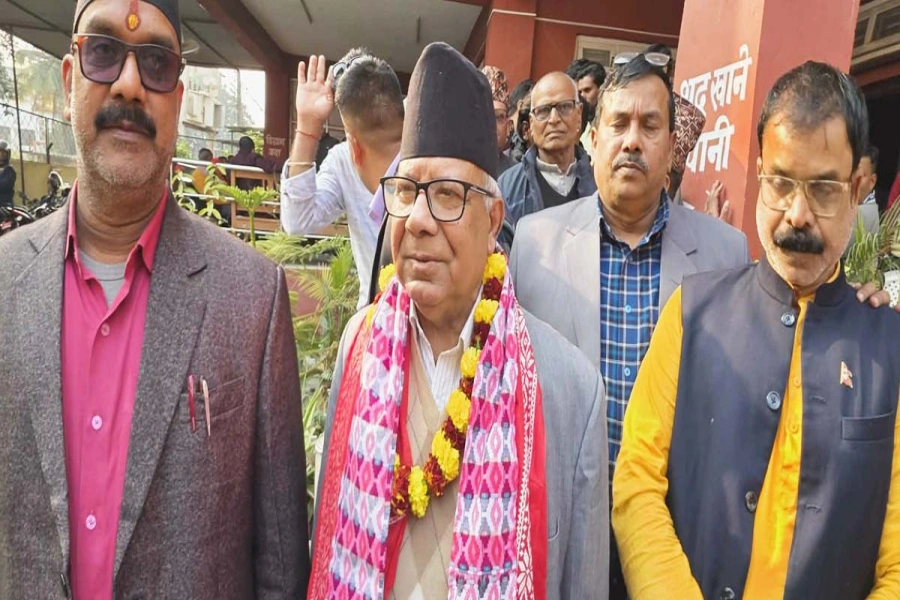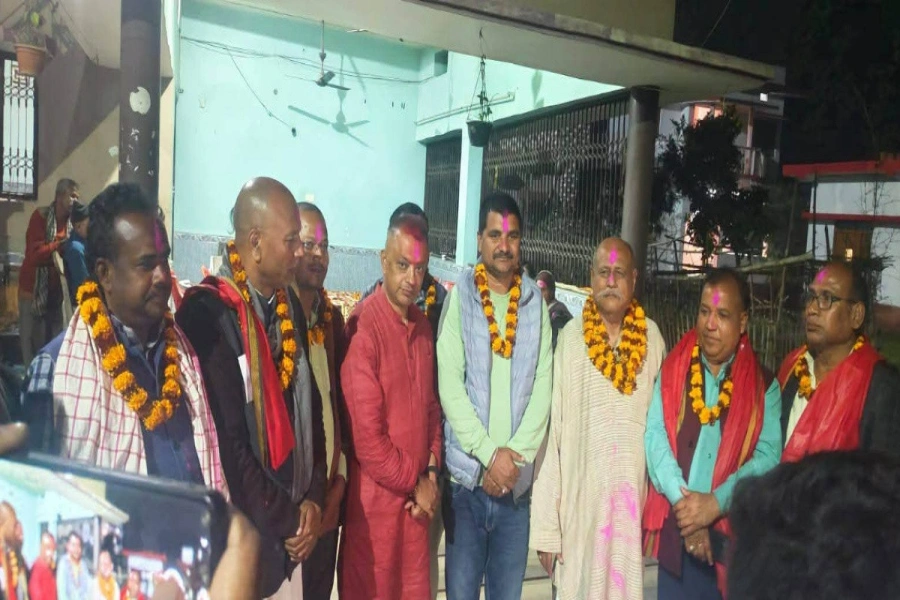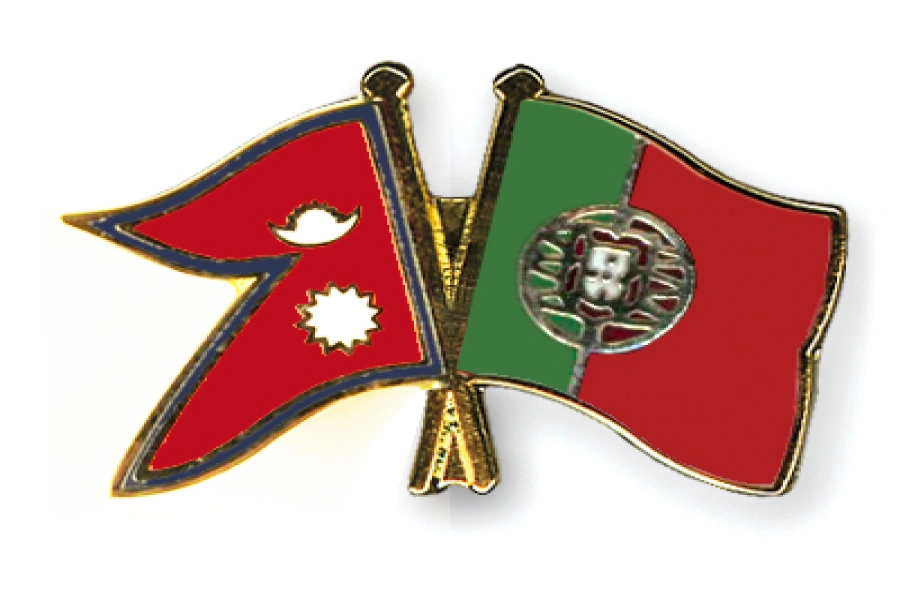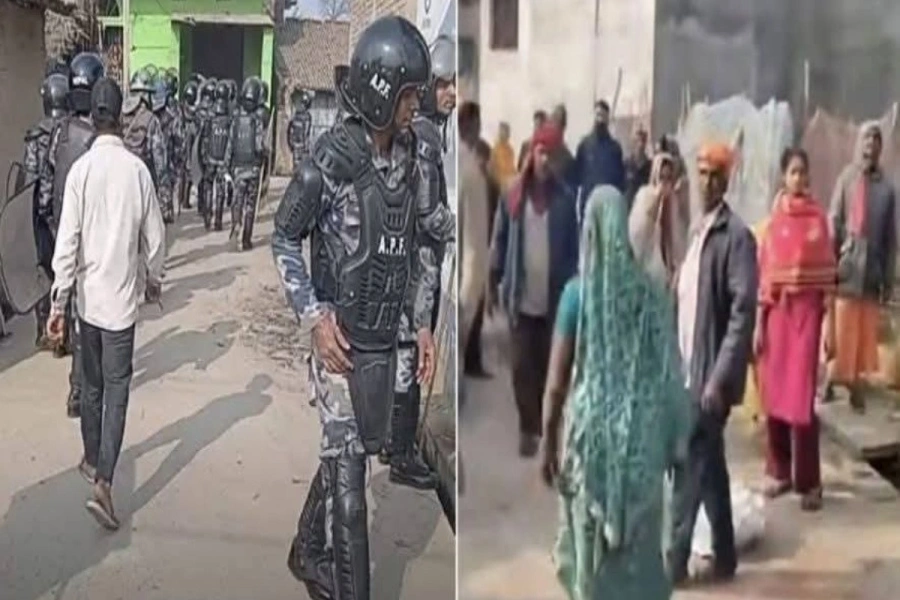KATHMANDU, June 22: Prominent media experts and advocates for freedom of expression have highlighted the absence of direct laws safeguarding journalists in most South Asian countries.
Their remarks came during a day-long training workshop on journalist safety with a feminist approach, jointly organized by Media Action Nepal and ARTICLE19 in Kathmandu. The workshop received support from Global Affairs Canada.
Despite the existence of progressive legislation in various domains across South Asia, concrete laws dedicated to the protection of journalists are lacking, with the exception of Pakistan. Media trainers expressed their concerns over the absence of direct laws to ensure the welfare of journalists in South Asian nations. While many South Asian countries have signed and ratified international treaties such as CEDAW and ICCPR, their practical implementation has been woeful, they lamented.
Mr Speaker, Either Prove or Apologize!

A group of 20 female journalists from all provinces of Nepal voiced their grievances, stating, "We have all encountered threats, sexual assault, and gender discrimination at least once during our professional journey." One participant shared her experience of being contacted by the country's security force, which issued threats and displayed derogatory behavior due to her reporting on them.
Laxman Datt Pant, Chairperson of Media Action Nepal, emphasized the need to protect journalists both inside and outside the newsroom to ensure their safety, stating, "Laws are being formulated to restrict and curb freedom of expression." Pant called for the establishment of a robust institutional framework to support endangered journalists, highlighting the risks and abuse faced by journalists based on factors such as race, sexual orientation, religion, and other characteristics. He further emphasized the multiple safety threats faced by women journalists, including stereotyping, harassment, and gender discrimination.
Similarly, Rumky Farhana, FEMSOJ Project Lead in South Asia for ARTICLE 19, remarked that not only countries, but even media organizations lack policies regarding journalist safety. She emphasized the necessity of implementing equal, inclusive, and non-discriminatory policies based on gender diversity.
Faruq Faisel, Regional Director of ARTICLE 19 South Asia, expressed gratitude to the participants for their active engagement and involvement in ensuring the successful completion of the training. The training workshop was facilitated by Laxman Datt Pant and Namrata Sharma.





































